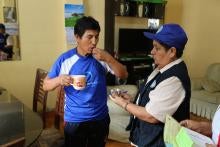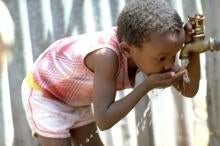Estimation of prevalence of chronic Chagas disease in Brazilian municipalities
Objective
The objective of this study is to estimate the prevalence of chronic Chagas disease (CCD) in Brazil: in the general population, in women, and in women of childbearing age.















